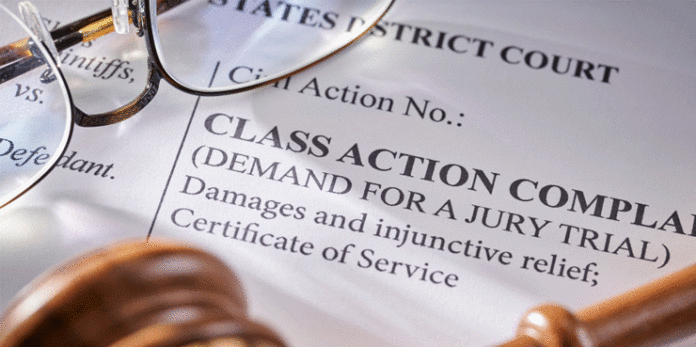Virginia recently passed a law that went into effect July 1 which set the maximum amount of THC in hemp products at 0.3% concentration and 2 milligrams per package. This cutoff has made hundreds of products placed on shelves before July illegal and subject to fines if sold.
Now, two hemp businesses and a private citizen are challenging the law, saying the news rules cause financial harm to hemp businesses and interfere in interstate commerce. The lawsuit by hemp product retailer Northern Virginia Hemp and Agriculture (Nova Hemp), hemp customer Rose Lane and North Carolina-based hemp producer and distributor Franny’s Operations argues that if not halted, the law “will cause millions of dollars of irreparable harm” and “cause the Banned Products to be unavailable in the Commonwealth, exacerbating potential health problems to thousands of Virginians.”
The plaintiffs argue that the state’s definition of legal hemp conflicts with the federal definition—cannabis with less than 0.3 percent of specifically delta-9 THC content. Virginia’s law, in contrast, defines legal hemp products as those with less than 0.3 percent total THC content, which includes not just the most common delta-9, but also the milder delta-8 strain and all other natural and synthetic isomers combined.
Virginia Law’s Impact on the Local Economy
Travis Lane, owner of Nova Hemp, explains that because of this law, cannabis businesses in the state now have to offer a limited variety of products, cannot have as much product innovation, have limited market access, are receiving negative consumer perceptions, and the small businesses competition is increasing against out-of-state monopolies.
“Virginia lawmakers implemented this law to protect children and remove copycat product packaging off the shelves without considering the small businesses that were doing it right from the start and following the rules,” Lane says. “Virginia lawmakers are being funded by out-of-state marijuana corporations and their goal was to suppress the budding hemp industry so their new facilities could be paid for.”
The new law has caused the loss of 90% of Nova Hemp’s business because nearly all of the products it manufactured and sold prior to July 1 are now banned. Lane also told Marijuana Moment that if the law is not halted, he will be forced to shut his doors before the end of the year.
Goals of the Lawsuit
According to Lane, who spearheaded the suit, here are the goals he hopes to accomplish:
- Legal Compliance. Ensuring that all parties involved with the hemp industry in Virginia are in compliance with Federal laws and regulations.
- Regulatory Clarification. Seeking clarification on specific hemp regulations or laws in the United States, which can help guide the future actions of business operations.
- Consumer Safety. Ensuring the safety of consumers by holding parties accountable for the quality and safety of hemp products on the market.
- Industry Advocacy. Advocating for changes in hemp laws and regulations in Virginia to create a more favorable legal environment for the hemp industry.
- Legal Precedent. Establishing legal precedents that can guide future hemp-related cases in the U.S.
- Business Protection. Protecting the interests of a hemp-related business, including its assets, reputation and intellectual property rights.
The hearing for the case is on September 29 in Alexandria federal court.










